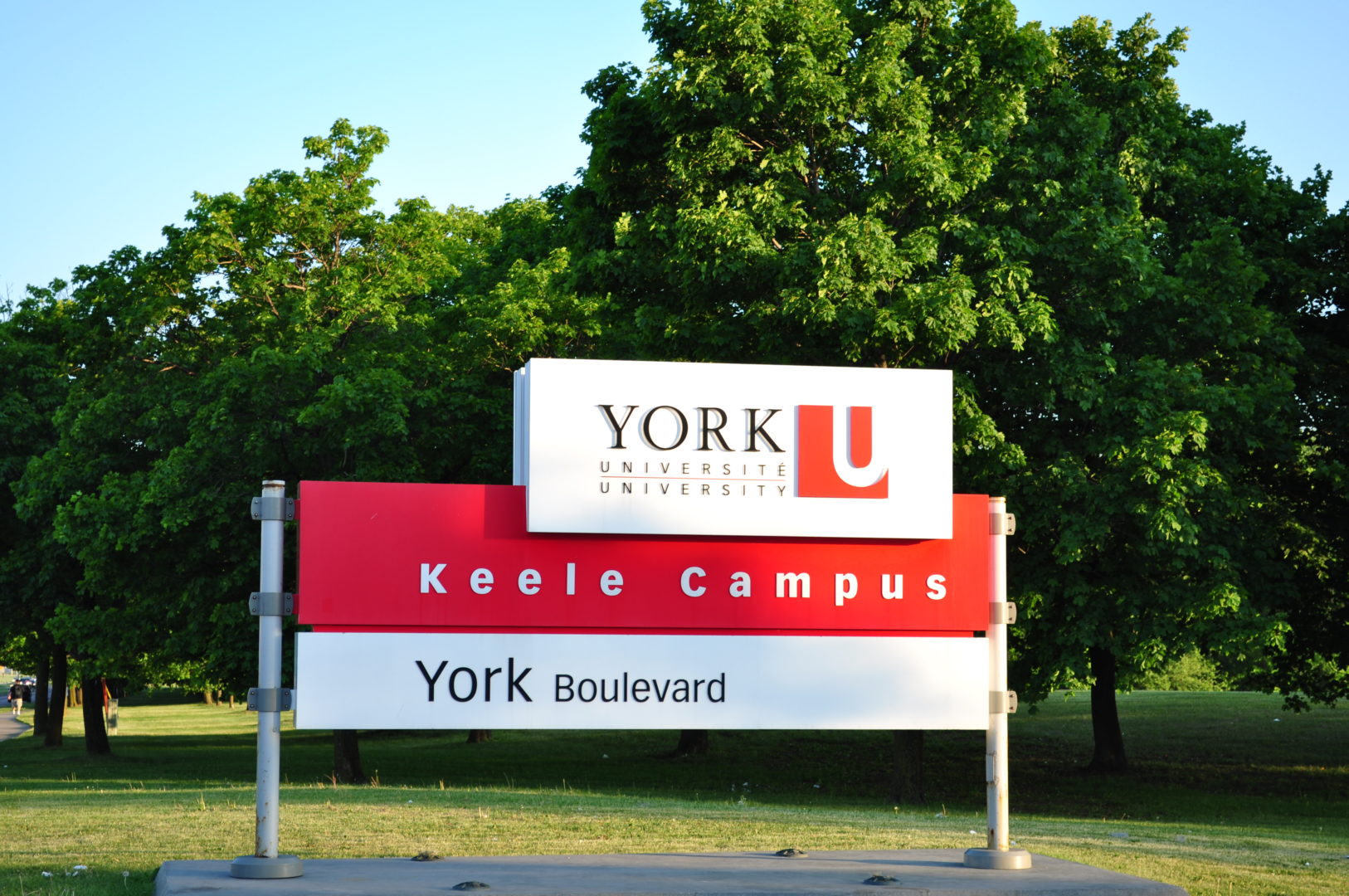York University is moving ahead with a formal process to determine if three student unions breached inclusion rules in their statement of solidarity with Palestine.
The statement by the York Federation of Students (YFS), Glendon College Students’ Union (GCSU), and York University Graduate Students’ Association (YUGSA) on Oct. 12 did not mention the massacre by Hamas of more than 1,400 Israeli residents and the kidnapping of more than 200 others, including children and the elderly.
The student union statement, still on its website, described the attacks as a “strong act of resistance,” and said “the Palestinian people crossed the illegitimate border fence erected by the settler-colonial apartheid state of the so-called Israel.”
In response, the university had demanded remedial steps from the three unions by Oct. 25, including retracting the original statement, clarifying that they do not support antisemitism and acknowledging the harm done to union members. As well, the executives of each union were required to step down and new elections would be organized.
York spokesperson Yanni Dagonas confirmed in a statement on Oct. 26, that “a formal process will continue to unfold, as outlined in the Regulation Regarding Student Organizations, with a designated representative overseeing it.
The university would not comment further to ensure the integrity of the confidential proceeding, he said.
In a joint statement released by the three student unions, before the Oct. 25 deadline, they say their original statement “has since been intentionally distorted by the media, members of the provincial government, and the York University administration, claiming that it promotes violence and discrimination.
“We categorically reject the claim that our statement in direct response to the dismantling of apartheid infrastructure promotes violence or hatred towards unarmed civilians.”
On its website, York Federation of Students also calls for students to sign a petition against what it says is a “direct attack on student autonomy.”
In its statement, the union says:
“We would like to assert and remind the administration: students’ unions are independent, autonomous, and self-governed organizations.
“The administration’s demands to retract our statement, to issue a secondary statement and that all of our democratically elected executives resign is a typical pattern of attack in line with York University’s continued infringement on the democratic and independent existence of autonomous organizations.”
York officials affirmed the school’s commitment to free expression and association, adding that the institution bears responsibility “for creating an inclusive and respectful environment where community members feel safe and welcomed without fear of intimidation or harassment.”
University administration has not interfered with students’ rights to protest on campus, Dagonas said in an email.
“York University affirms the right of students and other community members to express political views, including support for the Israeli and/or Palestinian people. I can confirm there have been several such student-led gatherings and events in the last two weeks.”
Also on Oct. 25, York University and the York Federation of Students were named as defendants in a class-action lawsuit brought by Toronto law firm Diamond & Diamond representing current students, recent alumni, and attendees from 1998-2021, with the claim that Jewish members of the York community have been made to feel unsafe on campus, according to a news release from the law firm.
The lawsuit accuses the university and union of negligence “specifically in failing to address antisemitic incidents, violating York’s non-discrimination policies, and providing insufficient staff training on handling harassment.”
The class-action has yet to be certified in court.
